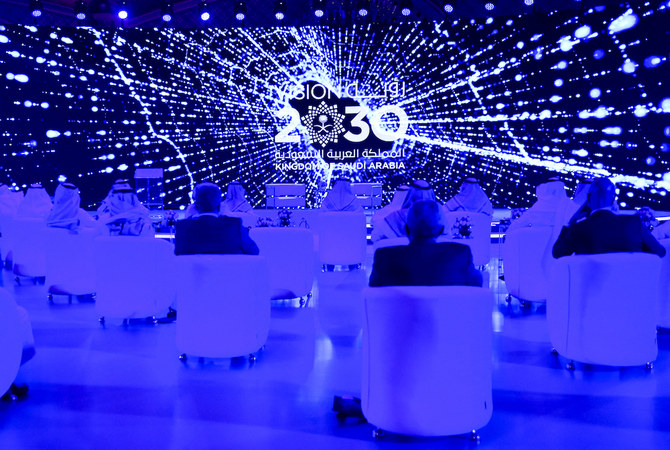Dr. Majid Rafizadeh
Artificial intelligence is undoubtedly revolutionizing the way we live and work. It has become one of the world’s fastest-advancing technologies, as its applications in 2023 can be found in various industries, such as healthcare, finance, transport and entertainment. Nevertheless, this has raised several key questions and concerns, including: What are the social and technological implications of widespread AI adoption? What impact will AI have on the jobs market? And how can societies prepare workforces for the changes that AI brings?
In many sectors, tasks that typically require human intelligence in order to be performed are now being replaced by AI, which is built on algorithms and models that enable computer systems to analyze and interpret data, adapt to changing circumstances and improve their performance over time.
AI applications have evolved from performing simple tasks such as speech or image recognition to virtual assistants such as Siri and Alexa and now to performing complex systems that are utilized in healthcare, finance and autonomous vehicles. For example, in the healthcare system, AI algorithms can be instrumental in examining and analyzing medical images, such as X-rays, MRIs and CT scans, in order to identify patterns and abnormalities, assisting radiologists in making a diagnosis. This is why it is critical to encourage innovation in the medical field and invest in emerging technologies, including big data and AI.
Several countries in the Middle East have been investing significantly in this area. It is a step in the right direction that the Saudi Ministry of Health last month signed a memorandum of understanding with the medical technology giant Becton, Dickinson and Co. in order to advance its digital transformation through such novel technologies. There are several benefits when it comes to using AI. First of all, it increases efficiency and productivity. In other words, AI systems can automate repetitive tasks, allowing organizations to streamline processes. This also allows organizations to allocate human resources to more complex and creative endeavors. This efficiency boost is particularly evident in industries like manufacturing, customer service and data analysis.
Secondly, this can lead to an enhanced decision-making process and save a considerable amount of time due to the fact that AI algorithms can analyze vast amounts of data at incredible speeds, extracting valuable insights and patterns that may elude human analysis. This capability can assist decision-makers in making informed choices across various areas, from business strategies to healthcare diagnoses. The third benefit is related to improving personalized experiences. For example, in sectors like e-commerce, entertainment and marketing, AI algorithms can examine and analyze user preferences, priorities and behavior to recommend products, services or content that are tailored to their individual preferences. This will, in return, enhance user satisfaction.
But in spite of its benefits, there are concerns and potential risks associated with the development and deployment of AI. One of the most common concerns that people have is related to the intersection between AI and job displacement. The problem is that, as AI and automation technologies advance, there are concerns that certain jobs may become automated. This could lead to unemployment or underemployment for some workers. For example, some jobs in manufacturing, customer service and transport are considered to be at a higher risk of automation than other roles. But it is also important to point out that new jobs may be created in AI-related fields.
Another important risk to consider is related to fairness: how fair will AI be in the future and what impact will it have on society? To answer this question, it is critical to note that AI operates only on the data and information it has been provided with by human beings. As a result, AI systems can inherit and perpetuate any biases that are present in the data they are trained on. So, if the input or training data contains biases and prejudices, the AI system built using this data may make biased decisions, reinforcing existing social inequalities. For instance, if a facial recognition system is trained primarily on the data of a specific demographic group, it may perform inefficiently on other demographic groups, which may lead to discriminatory outcomes.
Finally, we should pay attention to the issues of privacy and security. AI systems and technologies can be susceptible to cyberattacks and misuse, which could create significant security threats. In addition, the collection and analysis of vast amounts of personal data for AI applications raises concerns about privacy. For example, malicious actors could manipulate AI systems to make incorrect decisions, leading to significant financial or physical harm. In the context of privacy, concerns also arise when AI systems are used for surveillance or when personal information is mishandled. It is important to note that these risks can be addressed, but doing so will require a combination of technical solutions and ethical considerations, as well as thoughtful regulatory frameworks in order to ensure the responsible development and use of AI technologies.
In a nutshell, AI has the power to transform industries, revolutionize the way we work and live and shape the future of technology by automating mundane tasks, improving efficiency and providing innovative solutions in almost every sector. Ethical concerns and risks related to AI can be adequately tackled by responsible advancement and deployment, ensuring that the benefits are maximized and potential risks are minimized.







